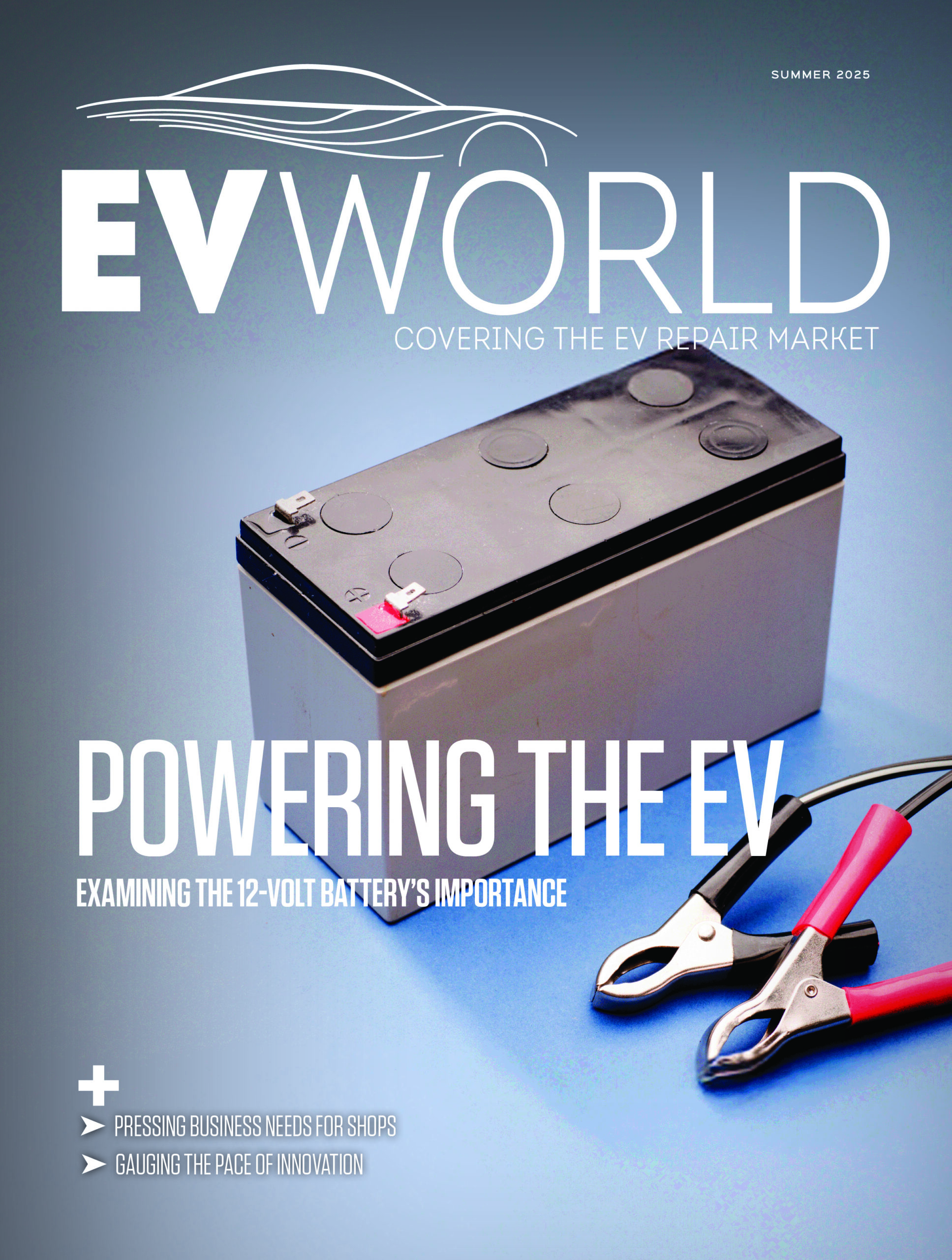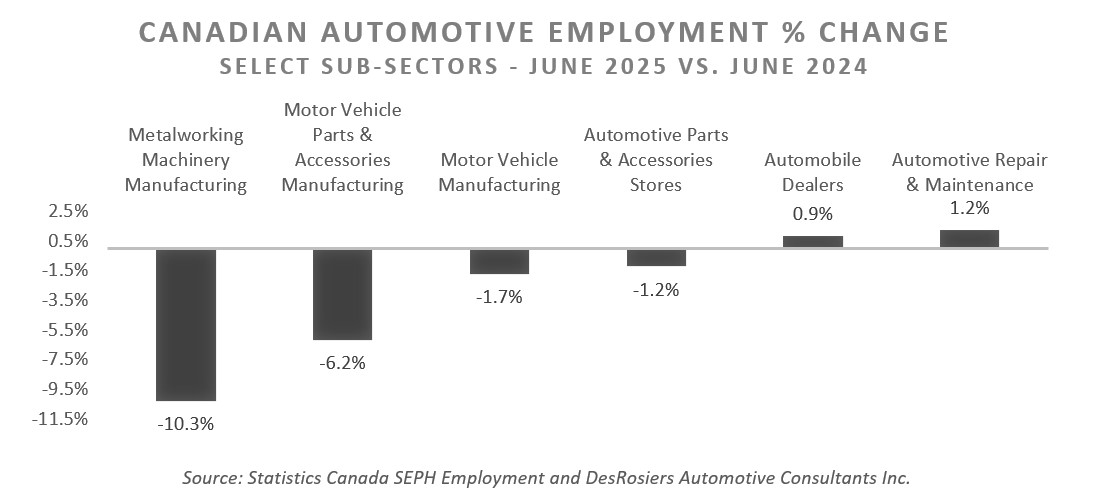
Doing performance reviews of your staff in your automotive repair shop may be a dreaded task — but only if they’re done incorrectly, according to a shop coach.
Reviews are often ineffective because they’re not being done right and there’s too much of a gap between when a discussion was needed and when it actually happens, said Rick White, president of 180 Biz, a coaching firm for automotive aftermarket professionals.
At the 2025 Midwest Auto Care Alliance Hi-Tech Training & Expo in Kansas City, White challenged the long-standing practice of annual and quarterly performance reviews, citing numerous drawbacks that may be hindering workplace productivity and employee morale.
White criticized the traditional review process, a staple in many organizations, for its potential to create anxiety and resistance among both employees and bosses.
“We put it off. ‘I got other stuff I got to deal with. I’ll do that later,’” he said, mimicking the common procrastination associated with these reviews or rationalizations for not addressing the issue sooner than later.
A key issue highlighted by White was the psychological impact of storing up feedback for months. This delay can lead to defensive reactions from employees when finally confronted with past issues, significantly reducing the effectiveness of communication.
“If you’re not talking to them [at the time the incident happens] do you think they’re going to get defensive?” White questioned rhetorically.
Another major concern is the accuracy of recall. White noted that reviewers tend to focus on recent events rather than considering the entire performance period. This recency bias can lead to skewed evaluations that don’t accurately reflect an employee’s overall contribution.
“If it happened six months ago, what are your chances of having it right?” White said.
He also addressed the common practice of tying compensation to these reviews.
“How many of you have been taught that raises are given with the reviews? How much pressure does that put on people?” White said, noting that the connection between reviews and pay raises adds another layer of stress to an already tense process.
Perhaps most critically, White argued that these delayed reviews fail to drive real improvement in the aftermarket. The disconnect between action and feedback means that opportunities for immediate course correction are lost.
“If I want someone to change their behaviour, am I going to get a better chance of that happening with immediate feedback or delayed feedback?” he asked, emphasizing the superiority of timely responses.
There’s also the mindset of figuring out the best time for giving feedback to staff. However, White argued that this approach is flawed.
“Let me tell you what the perfect time is: The perfect time is, as soon as you can talk about it without getting emotionally hurt,” he asserted.













Leave a Reply